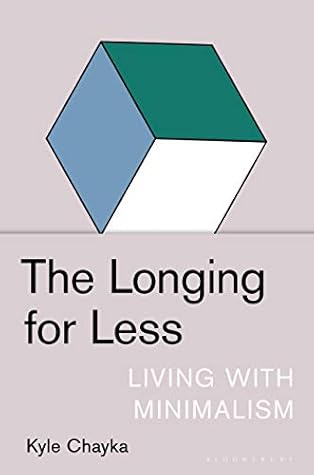More on this book
Community
Kindle Notes & Highlights
Buying more had failed to make them happier. In fact, it was entrapping them, and they needed to find a new relationship to their possessions, usually by throwing most of them out.
We each purchase more than sixty new items of clothing a year, on average, only to throw out seventy pounds of textiles per person. The vast majority of Americans—around 80 percent—are in some kind of debt.
the greatest wealth now comes from the accumulation of invisible capital, not physical stuff: start-up equity, stock shares, and offshore bank accounts opened to avoid taxes. As the French economist Thomas Piketty points out, these immaterial possessions grow in value much faster than salaries do. That is, if you’re lucky enough to have a salary in the first place. Crisis following crisis; flexibility and mobility now feel safer than being static, another reason that owning less looks more and more attractive.
Francis made self-sacrifice into performance art. He had a mania for giving clothing away to the poor and going naked. A monastery built a special cell for him to stay in during a visit but it was too well-constructed, so he requested that it be smudged with dirt and leaves before he slept there—only then could he be comfortably uncomfortable. Rocks and pieces of wood were his pillows. To prove their piety his followers kept starving themselves to the point that Francis had to eat with them so that they didn’t die.
The United States is particularly vulnerable to the charms of minimalism. Something about our belief in the power of self-definition and starting over suggests to us that if we only sweep our floors we will magically become new people, unburdened by the past. Maybe it started with the iconoclastic act of throwing tea off the boat in Boston Harbor, or it’s the misperception that the country was simply blank space before the Pilgrims came from England and the pioneers headed west to occupy Native American lands. We like to think that we can do without, rough it to prove that we’re not so soft or
...more


